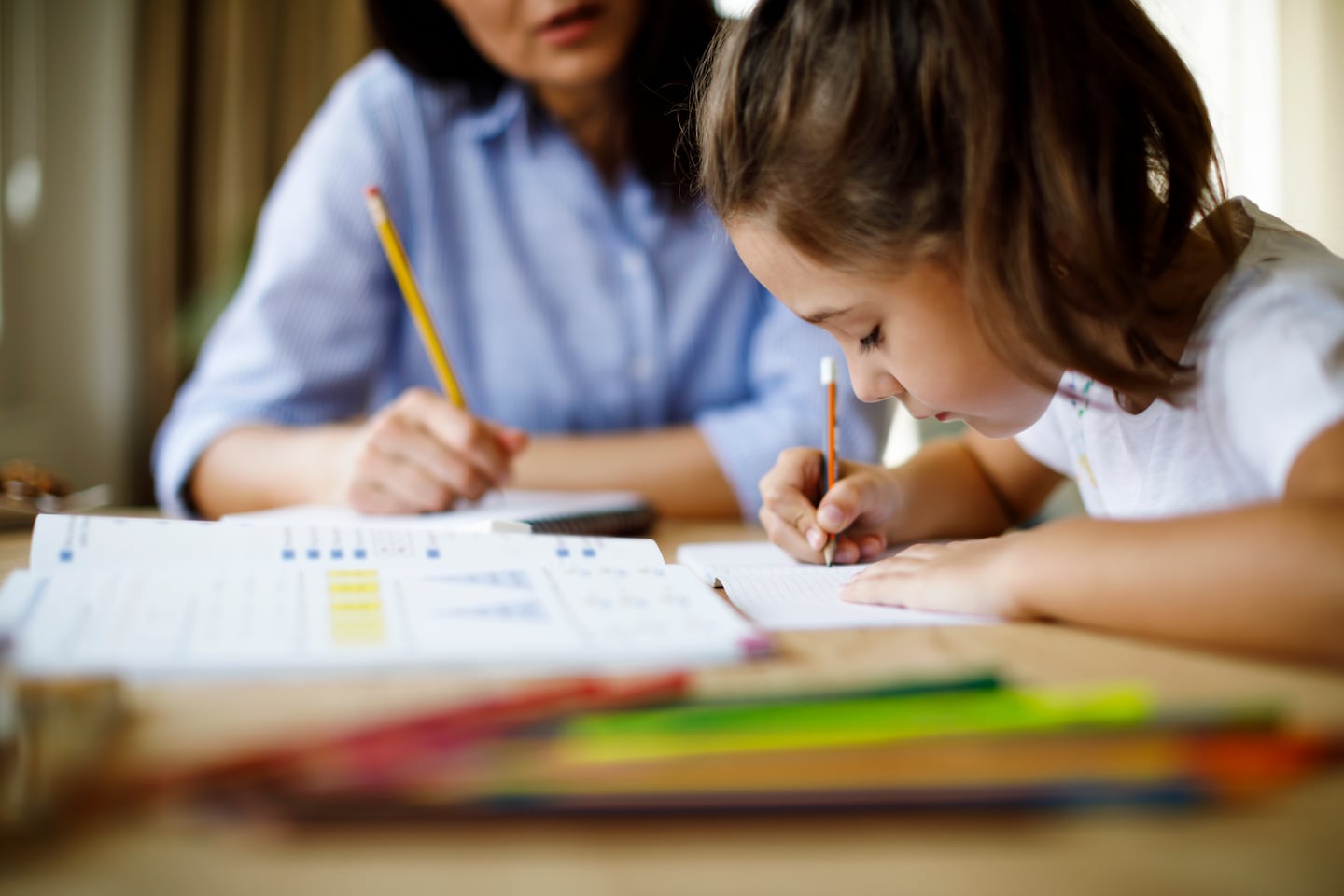This article was first published by RNZ.
Auditor-General John Ryan has told the Ministry of Education to get a better handle on inequality among school children.
In a report published on Wednesday afternoon, Ryan said it was not clear why some poor children did well at school and others did not.
“In our view, the ministry does not have a sufficiently detailed understanding of how different factors influence the educational outcomes of specific student groups,” it said.
“Because of this, it has limited ability to design, implement, and prioritise initiatives and interventions to support more equitable outcomes. Initiatives are not always targeted to address the particular needs of specific student groups.”
The report said New Zealand had one of the biggest educational achievement gaps between rich and poor in the developed world.
It said the ministry needed to figure out what information it needed to better understand educational inequities.
The information should provide more detailed knowledge of the groups of children that were under-achieving and the factors behind that under-achievement, it said.
“In our interviews, there were no consistent views about what the important causes of inequity are, how they interact, and how they affect different student groups. There was uncertainty about whether the ministry’s initiatives address the most important causes of inequity. The ministry described this lack of consensus as a ‘competition of ideas’ about how best to respond to educational inequity.
“In our view, the ministry has an important role in helping the education system to reach consensus about what the most important factors that affect students are. This includes in-school and out-of-school factors,” it said.
The report said common understanding of how different factors interacted and affected educational outcomes would help support system-wide action to address inequity.
The report recommended the ministry:
- Work with schools and other education organisations to identify what information it needed to develop a better picture of student achievement and progress and what factors could lead to inequity in educational outcomes;
- Work with schools and other education organisations to develop a plan to collect and share the information it identified in response to Recommendation 1;
- Regularly analyse the information available about student achievement and progress alongside research about the factors influencing educational outcomes to develop more detailed knowledge of: the specific student groups who are not meeting achievement or progress expectations, how factors that influence achievement and progress interact and affect those specific student groups, and the factors that the ministry and schools can directly influence and those that need a broader response;
- Implement a more structured approach to evaluating its strategies, programmes, and initiatives that sets out what is evaluated and why, how evaluations are organised and resourced, and how results will be shared; and
- Refine initiatives by regularly bringing together information from evaluations of the Ministry’s initiatives with assessments of research on improving achievement and addressing inequity.
The report said school teachers told the Office of the Auditor-General they were trying to overcome the effects of poverty.
“Schools told us that teachers and principals can spend a lot of their time dealing with the effects of poverty. This includes schools helping students to cope with: homelessness, overcrowded housing, a lack of clothing, or a lack of food; mental illness, drug and alcohol issues, family violence, and transience; and accessing digital learning resources that their families cannot afford.
“We also heard that schools are often reluctant to share information about their students' achievement and progress with the ministry.
“Some schools are concerned about how the information will be used and whether there would be appropriate recognition of the different contexts that each school operates in and the range of challenges that their students face. We understand that schools perceive risks in directly comparing student achievement and progress or school performance.”
The report said some of the biggest information gaps involved the achievement and progress of children in Years 1-10 and children in Māori-medium education.
It said measures accompanying the introduction of a common practice model for teaching reading, communications, and maths could help fill the ministry’s information gaps.
“If enough schools use the assessment tools and agree to share the resulting information, it could provide the ministry with a source of consistent and up-to-date information about the achievement and progress of Year 1-10 students in reading, communications, and maths,” it said.
The report said principals reported being unsure about the goals and benefits of some ministry initiatives, partly because they were overloaded with information.


